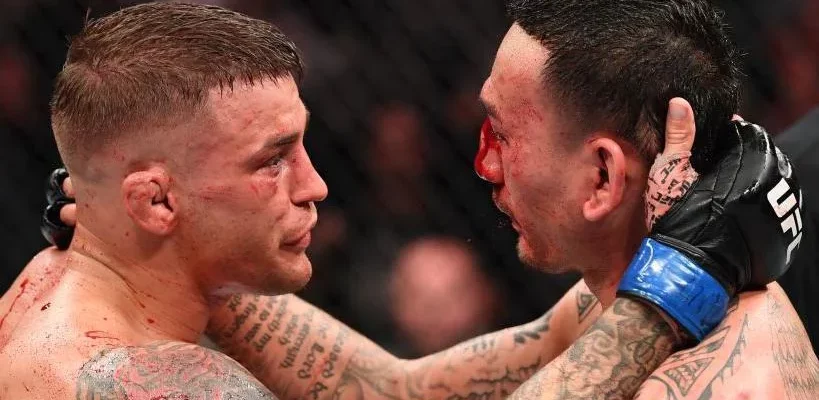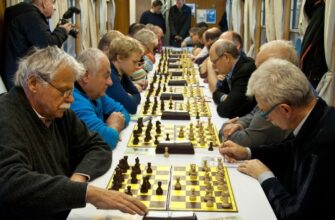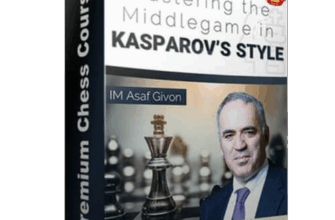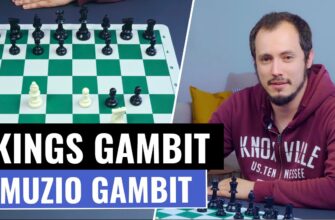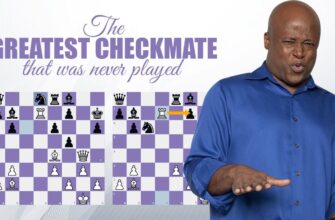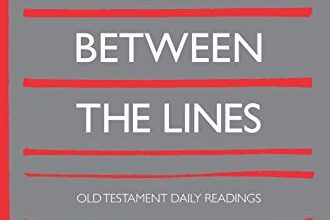The fight game is a relentless endeavor, demanding every ounce of a competitor`s physical and mental fortitude. For athletes like Dustin Poirier, known affectionately as `The Diamond,` the journey has been nothing short of extraordinary. As UFC 318 approaches, marking his final walk to the Octagon against Max Holloway in his Louisiana hometown, Poirier stands at the precipice of retirement, contemplating not just the end of an illustrious fighting career, but the intriguing, and perhaps unconventional, next chapter.
The End of an Era, The Start of a New Question
Poirier`s decision to step away comes after his recent attempt to secure the undisputed lightweight title at UFC 302, a dream that ultimately remained just out of reach. For a fighter who has dedicated years to the grueling pursuit of martial arts excellence, the realization that the ultimate prize may not be his brings a natural conclusion to an era. UFC President Dana White himself has acknowledged the significance, framing UFC 318 as a tribute to Poirier`s remarkable career.
But what does life look like for an elite athlete once the roar of the crowd fades and the intense demands of competition cease? For many, it`s a period of adjustment, discovery, and sometimes, unexpected paths. Poirier, ever the pragmatist with a dash of self-aware humor, appears to have a unique blueprint for his post-fight transition, one that surprisingly echoes the actions of another UFC legend, Donald `Cowboy` Cerrone.
From Octagon Warfare to Hormonal Warfare?
Poirier`s proposed post-retirement plan involves a candid exploration of his own physiology, an area often shrouded in secrecy due to the strict anti-doping regulations of professional sports. When asked about his future, `The Diamond` quipped about the possibility of “live streaming (taking steroids)” to generate ad revenue, a tongue-in-cheek remark that nevertheless pointed to a more serious underlying intention: understanding and optimizing his hormonal health.
“I’m gonna go to a doctor and check my levels and my hormones and just see where I’m at, I’m about to be 37 years old. Now that I won’t have that burden of getting random drug tests at 8 AM in the morning, if my levels are low maybe I will do it,” Poirier stated, shedding light on the rigorous testing environment he`s navigated for years.
This sentiment draws a direct parallel to Donald Cerrone, who, post-retirement, openly discussed his use of performance-enhancing substances to address the physical tolls of a lengthy fighting career. While Poirier`s comments are delivered with a clear wink and a nod, they underscore a genuine concern for athlete well-being once the protective, albeit restrictive, umbrella of organizations like USADA is removed. For years, fighters operate under intense scrutiny, their bodies pushed to extreme limits, often without the freedom to explore therapies that might aid recovery or mitigate age-related decline, simply due to anti-doping protocols.
The Rigors of Regulation: A Car Dealership Confession
Poirier`s comments also serve as a subtle commentary on the omnipresent nature of drug testing in his career. He recounted a particularly memorable instance where the anti-doping agency pursued him with remarkable tenacity, even to a car dealership.
“One time I was buying a vehicle and signing paperwork and they called me and they were at the gate at my house and they were like, if you can’t make it back to here it counts as a failed test. They drove to the dealership and I did blood and urine at the car dealership in the office,” he revealed.
Such anecdotes highlight the constant pressure professional athletes face to remain compliant, often interrupting daily life in ways few outside the athletic world can comprehend. It`s a stark reminder that the clean image of the sport is maintained through unwavering vigilance, a vigilance that Poirier will soon be free from.
Beyond the Octagon: The Human Element
Dustin Poirier`s impending retirement and his frank discussion about post-career physical optimization touch upon a crucial, yet often overlooked, aspect of professional sports: the transition from peak performance to ordinary life. Athletes, especially in combat sports, undergo immense physical stress. The long-term effects on their bodies and hormonal systems are a legitimate concern that deserves open dialogue, free from the immediate stigma of “performance enhancement.”
As `The Diamond` prepares for his final dance, his humorous yet insightful musings offer a glimpse into the complex reality of life after the fight. It`s a journey from meticulously monitored performance to personal wellness, a path where the biggest challenge might not be an opponent across the cage, but the pursuit of internal balance. Whether he truly live streams his “experiments” remains to be seen, but Poirier`s candor certainly sparks an interesting conversation about the future of retired athletes.

